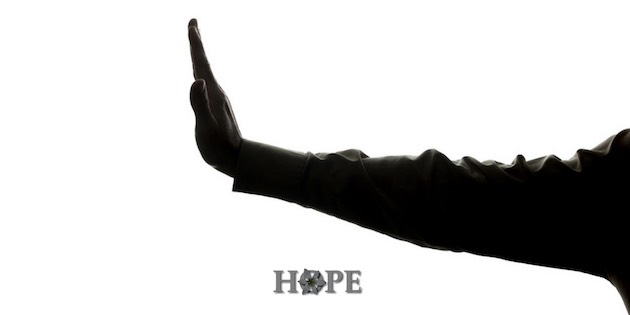Originally published in HOPE: Preventing Euthanasia and Assisted Suicide
A survey of Canadian doctors reveals that the support of medical professionals for assisted suicide drops significantly once the process becomes legal, with most physicians now refusing to participate in the administration of lethal drugs to their patients.
According to the December 2017 edition of Magazine Le Spécialiste which details the survey, the objections from physicians “were far more frequent than we had anticipated based on our pre-Act survey.” Prior to the legislation being passed, 48% of doctors surveyed indicated a willingness to participate in assisted suicide, with a further 30% saying they would do so with certain conditions being met, making a total of 78% of doctors supporting legalised killing. After the legislation passed, these numbers inverted, with most doctors admitting that they were unable to stomach the idea of killing their patients:
…77% refused to actively participate in their patients’ medical-aid-in-dying process, all of them using the “conscientious objection” clause, thus requiring a substitute physician be identified so as to provide the intervention required.
The number of physicians invoking the “conscientious objection” clause (77%) far exceeded our expectation of the use of this kind of refusal based on our afore-mentioned physician survey.
However, the report also noted that only a small number of these doctors fit the status for conscientious objection, as their reasoning did not involve “a true moral or religious objection”:
Results from the interviews revealed that only a minority of physicians (22%) had a true moral or religious objection to MAID [Medical Aid in Dying]. Among those opposed, the most frequent concerns expressed were feelings that MAID conflicted with medicine. They declared they had been taught to save lives, not end them. They also said they viewed end-of-life care as focusing on alleviating suffering. They expressed fear over the power to end of life that was being given to them.
What does this significant drop in support from pre-legislation to post legislation mean? And where does it leave the majority of doctors who do not want to participate, but whose reasons do not fall within the narrow tests for conscientious objections?
It means that medical professionals are coming to terms with the fact that vulnerable people are not the only victims of assisted suicide. While the idea of assisted suicide might have appealed to them in theory, it is evident that the brutal reality of terminating the life of a patient for whom you were supposed to care was an entirely different story. They have realised that doctors cannot simultaneously be both executioner and healer.

